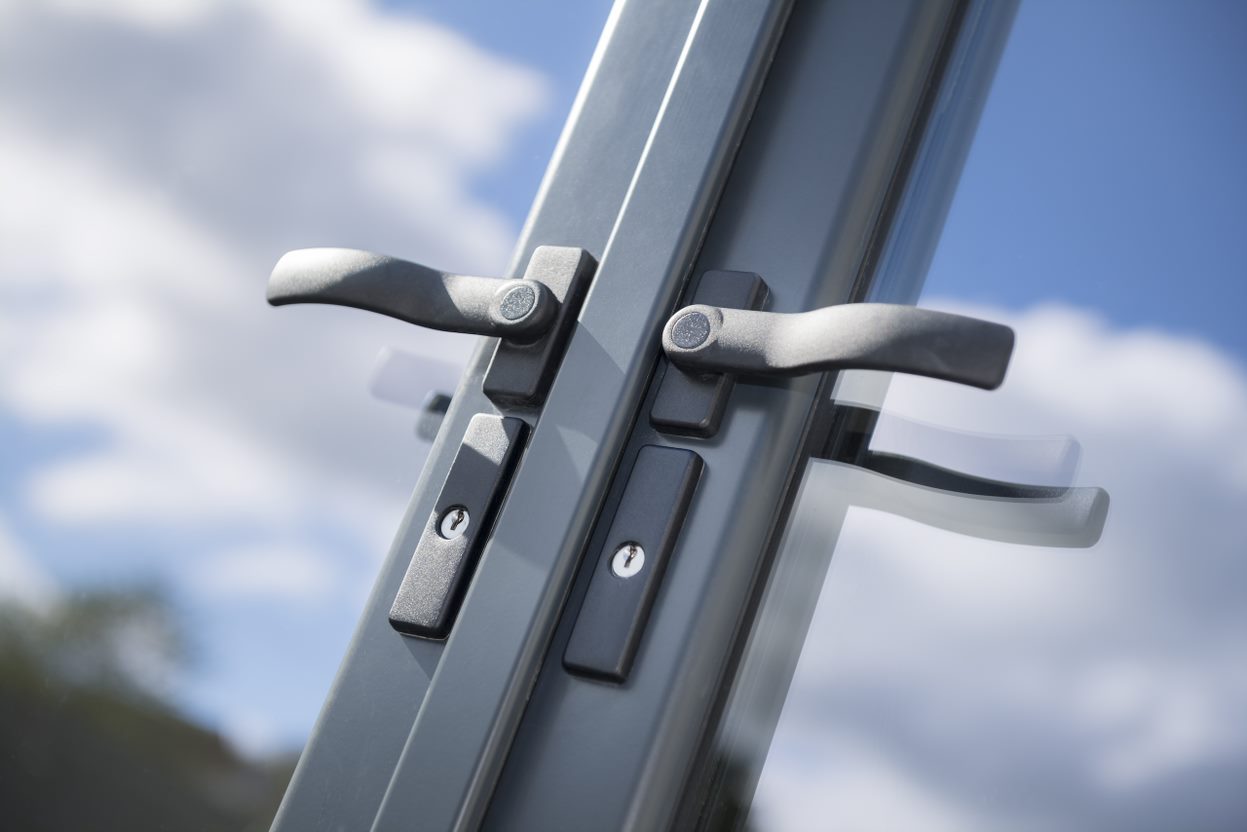7 Simple Secrets To Completely Intoxicating Your Fix Door Handle
How to Fix a Door Handle: A Comprehensive Guide
Door handles, typically considered approved, are important parts of our homes. They offer gain access to, boost security, and contribute to the total visual of any space. Unfortunately, like any mechanical device, door handles can malfunction due to wear and tear, improper installation, or other issues. This article will supply an in-depth guide on how to detect problems, repair, and maintain door handles effectively, making sure smooth operation and durability.
Common Issues With Door Handles
Before diving into the actions to fix a door handle, it's vital to understand the common issues that might develop. Acquainting yourself with these problems can assist you determine the needed action to take.
1. Loose Handle
A loose door handle is possibly the most common issue. It can take place due to screws that have become loose gradually or hardware that has worn.
2. Sticking Mechanism
If the handle feels stiff or does not turn efficiently, it may be due to debris buildup or a malfunctioning latch.
3. Broken Knob or Handle
Physical damage can lead to a broken knob or handle, rendering it either tough to use or impossible to operate.
4. Misalignment
With time, doors settle, and as a result, the mechanisms may end up being misaligned, causing problem turning or closing the door completely.
5. Rust or Corrosion
For exterior handles, rust or deterioration can be a considerable issue, especially if the handle is made from metal and exposed to harsh weather.
Tools and Materials Needed
Before beginning the repair, it's vital to gather the needed tools and materials:
Tools
- Screwdriver (Phillips and flat-head)
- Allen wrench (if appropriate)
- Pliers
- Hammer
- Utility knife
Materials
- Replacement screws (if needed)
- Lubricant (WD-40 or silicone spray)
- Replacement handle/knob (if needed)
- Cleaning fabric
Step-by-Step Guide to Fixing a Door Handle
Follow these actions to repair and fix your door handle.
Step 1: Identify the Problem
Begin by observing the door handle carefully. Look for any motion or noise when running the handle. Identify whether the handle is loose, sticking, or broken. Next, attempt to identify possible obstructions or issues in the lock mechanism.
Step 2: Disassemble the Handle
Using the appropriate screwdriver, get rid of any screws securing the handle. If there are no noticeable screws, look for a small set screw on the handle itself, which can frequently be loosened with an Allen wrench. Keep all screws in a safe location for reassembly.
Step 3: Inspect the Mechanism
Once disassembled, inspect the internal functions of the door handle. Look for:
- Worn-out or broken components
- Debris or dirt blocking the mechanism
- Misalignment of the latch
Step 4: Clean the Components
Using a cleaning fabric, clean down all dealt with components to eliminate dirt, dust, or particles. If necessary, use the utility knife to scrape away stubborn grime.
Step 5: Repair or Replace Parts
Depending on the damage observed:
- Loose Handle: Retighten the screws or replace damaged hardware.
- Sticking Mechanism: Apply lubricant to the latch and the handle's moving parts.
- Broken Knob/Handle: Replace with a brand-new handle or knob that matches the old one.
- Misaligned Mechanism: Adjust the latch strike plate or reposition the whole handle assembly.
- Rust or Corrosion: Use a rust remover for affected locations or consider totally changing the handle.
Step 6: Reassemble the Handle
After dealing with the issues, thoroughly reattach the handle and make sure all screws are tight. Check the handle's operation by turning it and opening the door to confirm whatever is working efficiently.
Step 7: Final Checks
After reassembly, examine the door alignment. If it's still misaligned, consider changing the hinges or strike plate. This ensures that not only does the handle function correctly, but the door also closes safely.
Maintenance Tips for Door Handles
Routine maintenance can avoid many door handle issues. Here are some tips for keeping your door handles in optimal condition:
- Lubricate: Periodically use a lubricant to the lock and handle mechanisms to avoid tightness.
- Tighten Screws: Check screws every couple of months and retighten as required to avoid loose handles.
- Clean Regularly: Wipe the handles with a damp cloth to prevent dirt buildup.
- Inspect for Damage: Regularly examine for indications of wear, rust, or damage, especially for exterior handles.
FAQs about Door Handle Repair
Q1: How do I understand if my door handle is broken?
A1: If the handle feels loose, is hard to turn, or totally detached, it is most likely broken. Examine all screws and internal elements for presence of any damage.
Q2: Can I fix a door handle myself?
A2: Yes, a lot of door handle issues can be solved with fundamental tools and a little knowledge. Nevertheless, if you encounter significant problems, speaking with a professional might be advisable.
Q3: How typically should I keep my door handles?
A3: A good practice is to perform maintenance checks every couple of months, including lubrication and assessment for any wear or looseness.
Q4: What types of door handles are easier to repair?
A4: Simple knob-style handles are usually simpler to repair than more complex lever-style handles or electronic locks.
Q5: What should I do if my door handle won't open?
A5: Try lubricating the latch mechanism initially. If residential door handle repair does not work, inspect for misalignments or damage. If the issue persists, think about calling a locksmith professional.
By accepting these actions and maintenance tips, homeowners can solve door handle issues successfully and guarantee their doors operate correctly for many years to come. Overlooking these basic repairs could lead to more significant issues, however with the best understanding and tools, a defective door handle can be quickly fixed.
